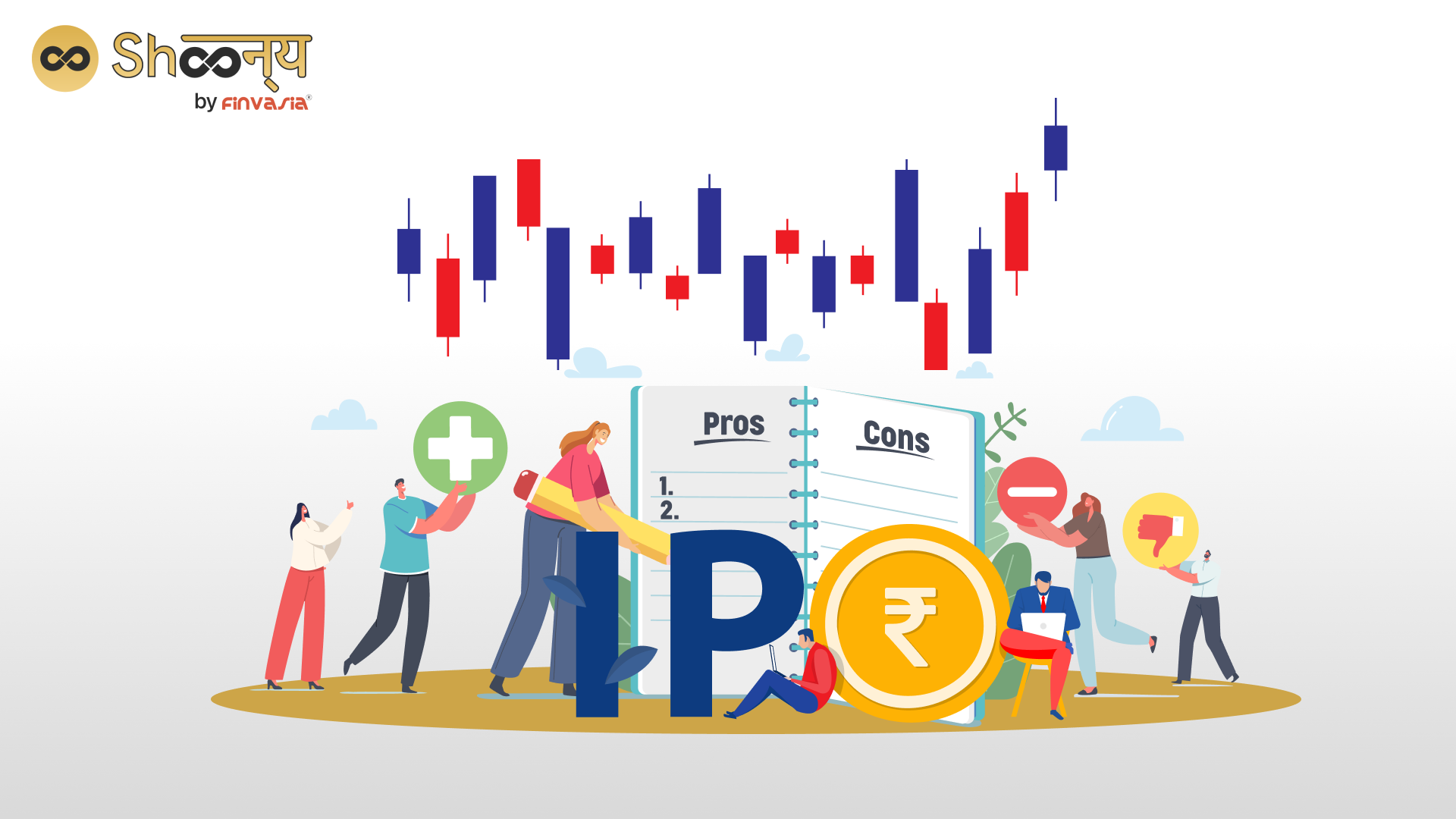IPOs in the capital markets have witnessed a lot of adventurous activity in recent years. It is not uncommon for individual investors to just purchase shares in an IPO with no intention of maintaining them in the long run. As a result, the IPO prices experience a pump-and-dump effect.
Investment bankers frequently assist their clients in completing a pre-IPO placement to lessen this risk. In this article, we’ll learn what a pre-IPO placement is and how it influences an IPO’s success.
What is Pre-IPO Investing?
Before a stock is listed on a public exchange, a significant amount of shares are sold on the open market via an initial public offering (IPO). The price stated in the prospectus for the IPO is frequently lowered for the shareholders of such placement because of the size of the investments made and the major risks involved.
Hedge funds, private equity firms, and other institutions looking to buy large stakes in a company are typically the buyers.
Previously, it was not available to all investors. Because the minimum investment criteria are so high, only High Net Worth individuals (HNI) might invest through this approach. Such investments were viewed as complicated since they required a thorough knowledge of the financial system and current market structure.
However, it is now available to everyone, particularly retail investors. Anyone can invest during the pre-IPO phase by picking the right firm and keeping an eye on the company’s growth trajectory.
Factors to Consider Before Pre-IPO Investment in India
Before diving into pre-IPO investing, it’s essential to evaluate several key factors:
- Liquidity: Pre-IPO shares can be illiquid, making them better suited for long-term investors who can weather market fluctuations.
- Company Fundamentals: Gather as much information as possible about the company’s financial health and growth prospects. Resources like the Ministry of Corporate Affairs, brokers, and news outlets can provide valuable insights.
- Probability of Going Public: Companies with a higher likelihood of listing tend to offer more significant benefits to investors, including liquidity and potential for higher returns.
How Does Pre-IPO Profitability Work?
Pre-IPO investments offer two main options:
- Option 1: Buy pre-IPO shares at a lower price and sell them during the IPO at a premium.
- Option 2: Hold onto your pre-IPO shares, and if they trade at a higher price in the secondary market, sell them for more substantial gains.
Investment success relies on astute market predictions and an in-depth understanding of a company’s fundamentals, much like other market investments.
What is Pre-IPO Placement?
Before a stock is placed on a public exchange, substantial blocks of shares are sold privately through a pre-initial public offering (IPO) placement. Because of the scale of the investments and the risks involved, buyers in a pre-IPO placement typically receive a discount from the IPO price disclosed in the prospectus.
Companies frequently offer large returns to persuade investors to engage in pre-IPO placements.
Pros of Pre-IPO Placement
- Higher Returns: As you purchase stock before the company’s shares are offered to the public, you may see better returns than if you waited.
- Discounted shares: During a pre-IPO placement, shares are frequently sold for much less price than they would be during the IPO.
Cons of Pre-IPO Placement
- Open to only accredited investors: Because SEBI rules restrict private placements to authorized investors, most investors cannot participate.
- Higher risk factors: Private placements are riskier since corporations are not required to register their shares with the SEBI or offer as much public information. As a result, investors may face increased risk due to these pre-IPO placements.
- No guarantee for the company to go public: There is no guarantee the firm will go public, even though a pre-IPO placement is frequently completed right before the firm goes public.
Choosing Your Pre-IPO Investment Path in India
When deciding how to enter the world of pre-IPO investing, you have several options:
- Engage Financial Advisors: Seek guidance from experienced financial advisors with a proven track record in pre-IPO investing.
Stay Informed: Keep yourself updated with financial news to make well-informed decisions independently.
In a Nutshell
When granted the chance to purchase pre-IPO shares as an accredited investor, research the company thoroughly before making a purchase; because the company has yet to go public, it is not obligated to publish the same disclosures as firms that have.
FAQs
Yes, pre-IPO investments are now accessible to everyone, including retail investors, provided they choose the right company and investment strategy.
Key factors to consider include the company’s liquidity, fundamentals, growth prospects, and the likelihood of it going public.
Yes, pre-IPO investments tend to be less impacted by market volatility compared to publicly traded stocks, providing a more stable investment option.
______________________________________________________________________________________
Disclaimer: Investments in the securities market are subject to market risks; read all the related documents carefully before investing.

